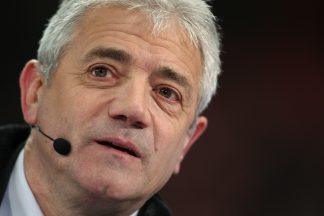A University of Glasgow project has been awarded £50,000 as part of a UK Government fund to develop new technologies for the next generations of space missions.
The project, one of ten to be selected to share £455,000 in funding, plans to investigate if ultrasonic vibration can be used to drill below the surface of other planets.
Low gravity on other planets may impact the ability to operate a rotating drill string and researchers want to discover if the high frequency movements of ultrasonic vibrations can be applied to a drilling auger to reduce the force and torque needed to be applied.
This would allow space missions to explore terrains using smaller, faster and cheaper planetary landers.
Other projects awarded funding include a study into tiny digitally controller mirror to counteract movements of space telescopes to produce sharper images.
Another aims to develop a space-based atomic clock small enough to fit inside a tiny satellite, which could help revolutionise space-based physics experiments, as well as deep-space navigation for planetary science and exploration missions.
Science minister George Freeman said: “The UK’s space and satellite technology sector is already worth over £16bn and growing fast. As well as our ground-breaking leadership on projects like the James Webb Telescope and Solar Orbiter missions, our UK Space Agency is supporting hundreds of SMEs developing cutting edge technology.
“From miniature atomic clocks and tiny digitally-controlled mirrors that help channel light into moving spacecraft, to new space weather detectors to help warn of devastating solar storms, these new projects will ensure the UK continues to grow as a global science superpower.”
Follow STV News on WhatsApp
Scan the QR code on your mobile device for all the latest news from around the country




























